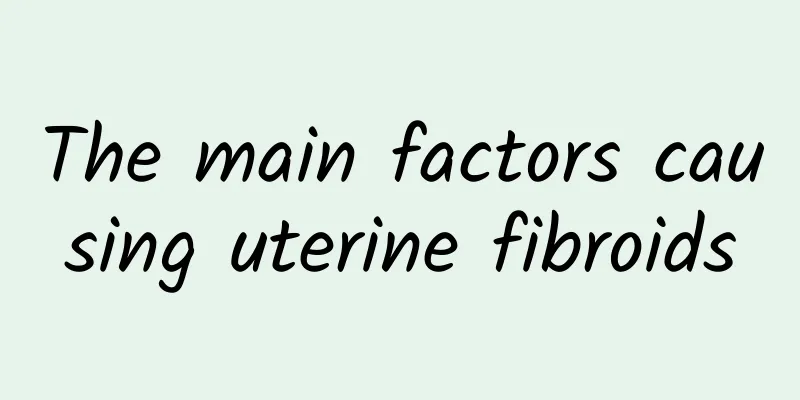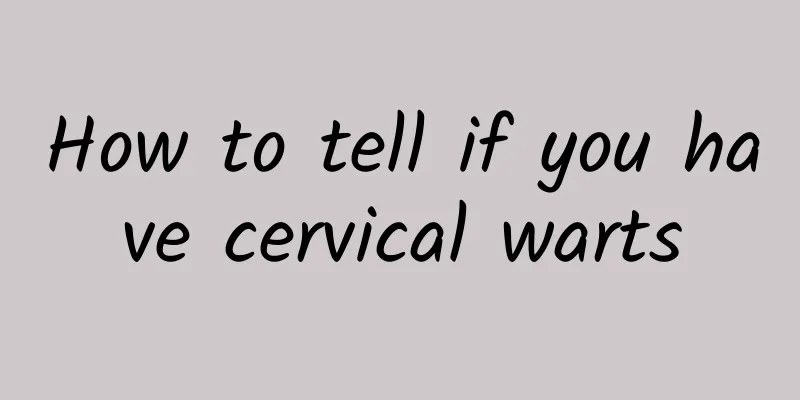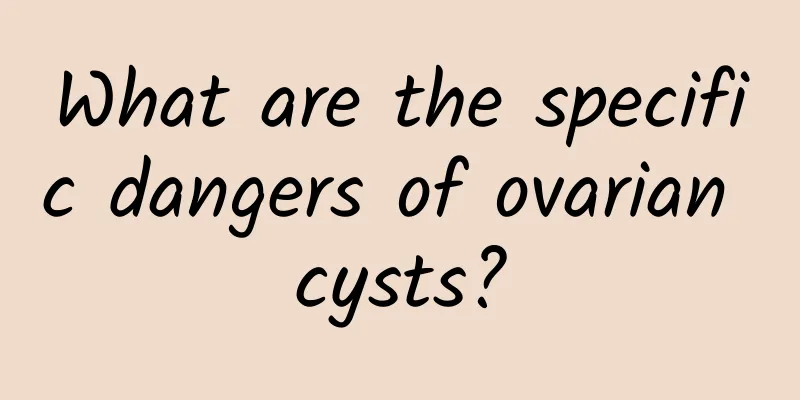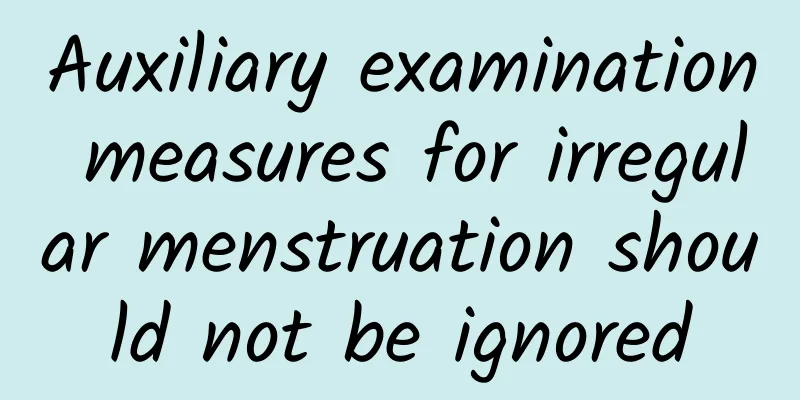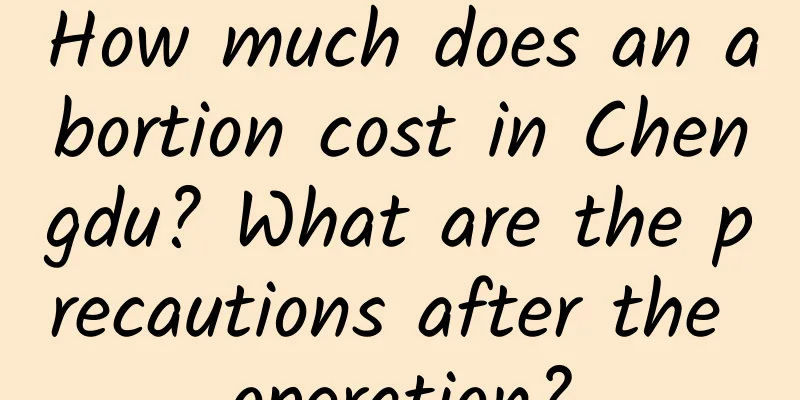What are the symptoms of physiological ovarian cysts? Are there any folk remedies to treat ovarian cysts?

|
Ovarian cysts develop slowly clinically. As the cysts slowly grow, they often present with symptoms such as menstrual disorders, abdominal distension and pain. When these symptoms are more severe, women are more likely to have ovarian cysts, and the chances and hazards of malignant lesions and ovarian cancer are greater. What are the symptoms of physiological ovarian cysts? Are there any folk remedies for treating ovarian cysts? Ovarian cysts may not show symptoms in the early stage, but most of them are found during gynecological examinations. The symptoms that may appear are as follows: patients feel that their abdominal circumference is enlarged, and they can feel a mass in the lower abdomen, which is especially clear when they hold their urine in the morning and may disappear after urination. Occasionally, they may have low back pain and abdominal distension, and may urinate frequently, but without urinary pain, urgency, or constipation. If the ovarian cyst pedicle is twisted or ruptured, it will manifest as acute abdominal pain, which is a common acute abdomen in clinical visits. Traditional Chinese medicine treatment of ovarian cysts: Prescription: 60 grams of roasted pangolin, 30 grams each of angelica, chuanxiong, and salvia miltiorrhiza, 1 gram each of Achyranthes bidentata, vinegar rhubarb, vinegar Corydalis, cinnamon, stir-fried black atractylodes, aconite, vinegar-fried Trillium, and Curcuma, and 0.06 grams of musk. Usage: Grind the medicine into fine powder, take 9 grams each time, 3 times a day. After recovery, take the medicine Wu Ji Bai Feng Wan to consolidate the therapeutic effect. The following medicines are effective in treating ovarian cysts: Hongjin Xiaojie Capsule Yi Medicine: Buzhikainuo, Qiekai Setu, Haxihei. Traditional Chinese Medicine: Soothe the liver and regulate qi, soften and disperse nodules, promote blood circulation and remove blood stasis, reduce swelling and relieve pain, used for breast lobular hyperplasia, uterine fibroids, and ovarian cysts caused by qi stagnation and blood stasis. Xiaojie'an Capsule can promote blood circulation and dissipate blood stasis, soften and disperse nodules. It is used for breast lumps caused by qi stagnation and blood stasis, breast lobular hyperplasia, ovarian cysts, and uterine fibroids with the above symptoms. Guizhi Fuling Capsule promotes blood circulation and dissipates blood stasis. It is used for amenorrhea, dysmenorrhea, postpartum lochia, uterine fibroids, chronic pelvic inflammatory mass, dysmenorrhea, and endometriosis caused by blood stasis blocking the collaterals. |
<<: Can severe pelvic inflammatory disease be cured?
Recommend
Can I exercise if I have chocolate cyst?
People often say that life lies in exercise, whic...
Are unmarried women more likely to have vaginitis?
Many women think that gynecological diseases only...
Experience of Traditional Chinese Medicine in Treating Hyperprolactinemia
The concentration of prolactin in the blood is ma...
The most important preventive measures for dysmenorrhea in daily life
During menstruation, the most common disease is d...
How long does it take to get pregnant again after an abortion?
How long it takes to get pregnant again after an ...
Can I eat longan meat if I have uterine fibroids?
Patients with uterine fibroids can eat longan pul...
Should I take off my pants when I go to the hospital for a checkup for dysmenorrhea?
I am 18 years old and started menstruating two ye...
What are the risk factors for uterine fibroids? What is the high-risk age group for uterine fibroids?
Women with uterine fibroids will lead to many adv...
What causes irregular menstruation in women? 6 reasons for irregular menstruation in women
Irregular menstruation is a common disease for ma...
Talk about the four main manifestations of cervical erosion
What are the main manifestations of cervical eros...
Vague pain in the lower abdomen and abnormal vaginal discharge
Subtle pain in the lower abdomen accompanied by a...
Diagnosis of anovulatory dysfunctional uterine bleeding
Anovulatory functional uterine bleeding is a type...
Why do you get vaginal candidal infection after abortion?
Why do people get candidal vaginitis after aborti...
What are the types of cervicitis?
Many people may be familiar with cervicitis, but ...
Does candidal vaginitis have any impact on children?
Does candidal vaginitis have any impact on childr...
